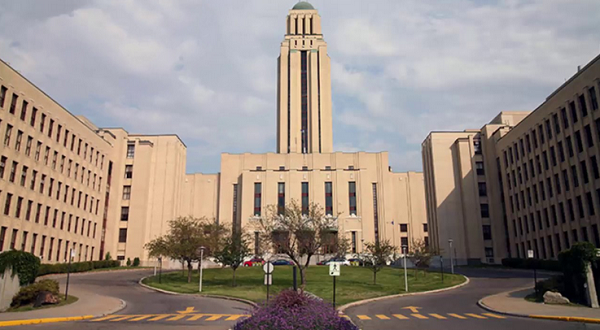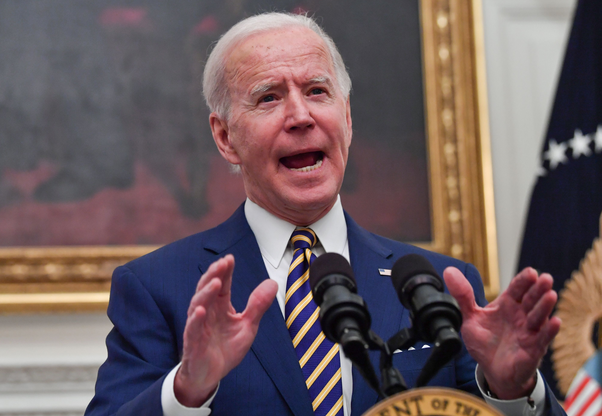About 75,000 Canadians petitioned the federal government calling for an end to daylight saving time
You’ve likely seen or heard reminders online or on the radio to set your clocks and watches an hour ahead as we approach daylight saving time on Sunday, March 10, at 2 a.m. local time.
The extra hour of daylight lasts until Nov. 3 this year, when the clocks are turned back an hour.
While some prefer the extra hour of sunlight, others like Irene Shone think changing the clocks twice a year is hazardous to our health. She created a petition through Change.org calling on the federal government to permanently stop daylight saving time, with nearly 75,000 Canadians signing on as of Friday.
“Having the clocks move forward by an hour is not the norm, it’s something that people are forced to get used to,” Shone told CTVNews.ca. “That adjustment period feels like a sort of jet lag.”
Shone, who lives in Brampton, Ont., but works in business development for a major food company based in Toronto, said daylight saving time has a negative affect on our circadian rhythms – the natural cycle our bodies go through every 24 hours – and that changing our internal clocks can make certain illnesses worse, as well as disproportionately affect people with depression and seasonal affective disorder.
The Canadian Sleep Society, a national organization that promotes healthy sleep through research and medical professionals, agrees with Shone.
“Not only does (daylight saving time) induce sleep deprivation at its inception in the spring, but it enforces later darkness during the summer, favouring delayed bedtime, social jetlag and more sleep loss,” the organization said in a statement on its website.
“Canadian children, students and workers have to wake up in the dark and get to school or work without proper daylight exposure. This challenges the key role of morning light for circadian alignment and sleep deficits.”
The American Medical Association, the largest organization of physicians and medical students in the U.S., is in agreement. In November 2022, it called for the U.S. government to end daylight saving time and move permanently to standard time.
“For far too long, we’ve changed our clocks in pursuit of daylight, while incurring public health and safety risks in the process,” the association wrote in a press release. “Eliminating time changes in March and No¬vem¬ber would be welcome. It’s time we wake up to the health implications of clock setting.”
In November 2020, the Ontario government passed the Time Amendment Act, tabled by former Ottawa West-Nepean MPP Jeremy Roberts. However, the Ontario attorney general said the government would only bring the act into motion if Quebec and the state of New York did the same.
After the legislation passed, Roberts, who was defeated by NDP candidate Chandra Pasma in the 2022 Ontario general election, said one of the benefits of ending the twice-yearly change is to promote consumerism by giving residents more hours of daylight in the evening.
Shone said she is frustrated with the push from businesses and politicians in both Canada and the U.S. who want longer days and for daylight time to be the permanent standard time.
She argues that whatever monetary benefit is gained isn’t worth the impact on people’s mental and physical health.
“We’re supposed to rise and fall with the sun,” she said. “We need to protect our sleep and our biology, and having artificial clock changes doesn’t help people’s well-being.”
This article was first reported by CTV News












